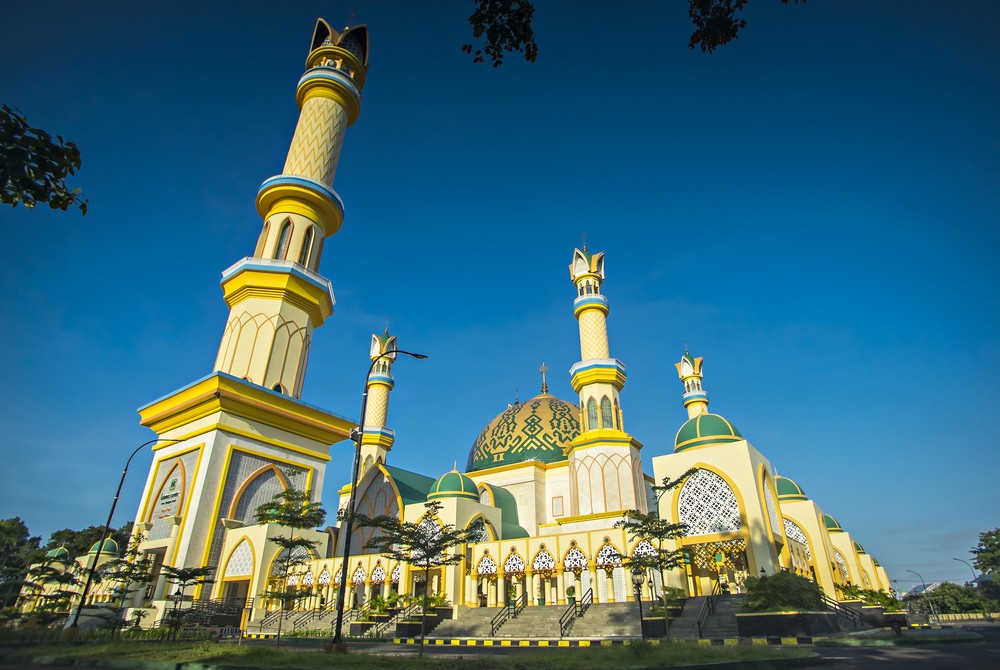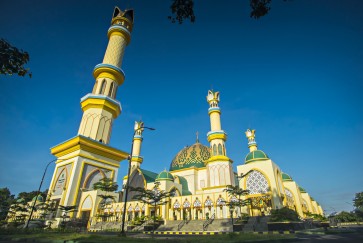Popular Reads
Top Results
Can't find what you're looking for?
View all search resultsPopular Reads
Top Results
Can't find what you're looking for?
View all search resultsHalal tourism is not Islamic tourism
Conceptually, halal tourism is different from Islamic tourism. Halal tourism does not always mean Islamic tourism, since religious intention is not a prerequisite for making the trip. #opinion
Change text size
Gift Premium Articles
to Anyone
C
onceptually, halal tourism is different from Islamic tourism. I distinguish among four terms that might possibly confuse many people: Islam, sharia, halal and Islamic. In terms of importance, Islam comes first as a belief or faith. It is the center of Muslim business practices and conduct.
As a faith, Islam regulates its followers in doing or not doing something. Muslims are highly regulated under its law, called sharia. Sharia comes second, right after Islam as a faith. Sharia is defined as laws or rules adopted from the Quran and the Hadiths or the Prophet’s sayings. It is very strict and cannot be modified, since it is divine in nature. Thus, sharia is Islamic law.
Right below sharia in the pyramid is halal, which means “permissible”. I define it as “the operationalization of sharia”. The word “halal” is more precisely used to label anything that is permissible under sharia law. The word is also more inclusive when compared to the terms “sharia” and “Islamic”, which Muslims perceive to be too exclusive.
At the very bottom is Islamic, as the attributive. The word “Islamic” must be differentiated from “halal”. As scholars cite, Islamic is strongly connected with the faith and its doctrines. Therefore, “Islamic” denotes religious perception.
Something that is halal is not automatically Islamic, or vice versa. For instance, rice, T-shirts, and financial services are halal in nature, but they are not necessarily Islamic unless someone adds Islamic attributes to them.
The same logic applies in tourism. “Islamic tourism” can be defined as religious travel undertaken by Muslims. We can say that traveling to Mecca and Medinah for umrah is Islamic tourism. However, what about Muslims who travel to non-Muslim countries for leisure without any religious purpose? This is certainly not Islamic tourism.
Halal tourism does not always mean Islamic tourism, since religious intention is not a prerequisite for making the trip. When defined, “halal tourism” is travel for leisure or business undertaken by Muslims to tourist objects or attractions in either Islamic or non-Islamic countries that are not specifically prohibited by sharia. Consequently, the destination country neither has to be Islamic nor conceal its local characteristics to implement the halal tourism concept.


















